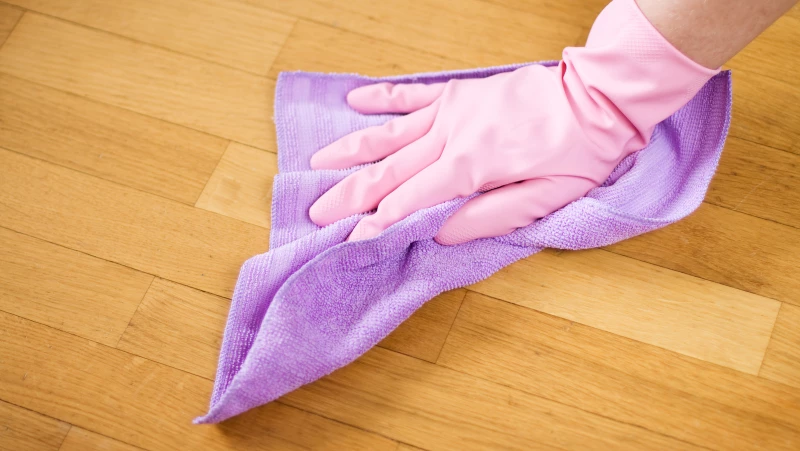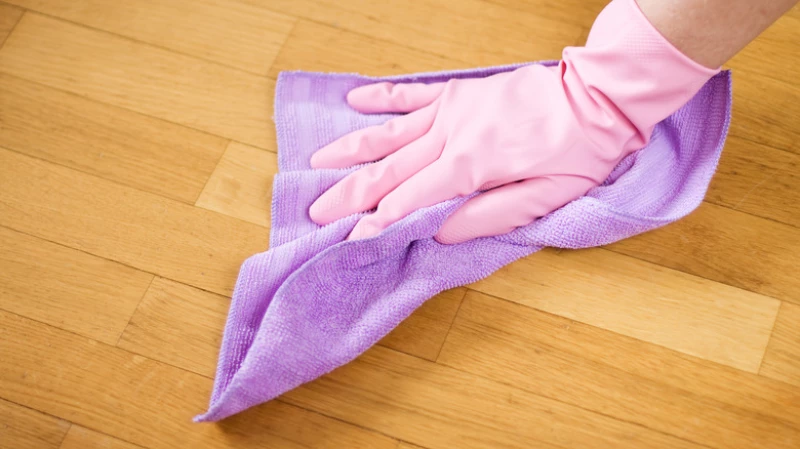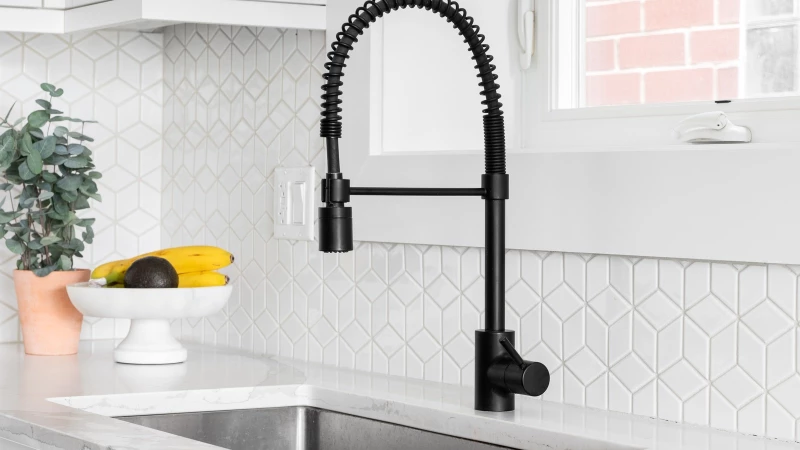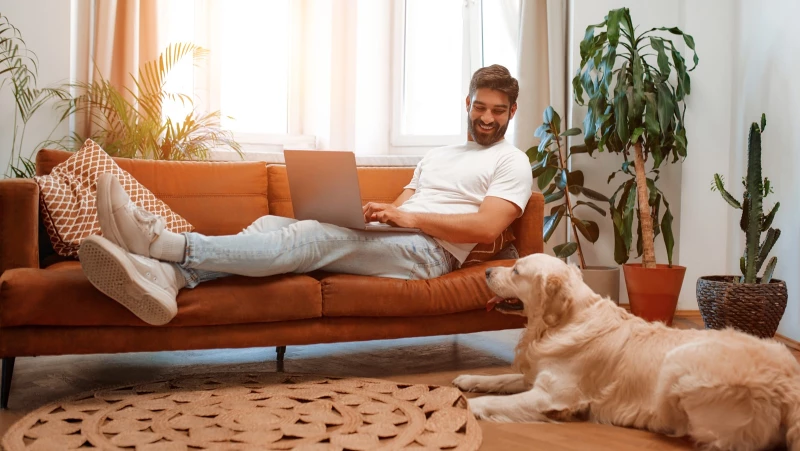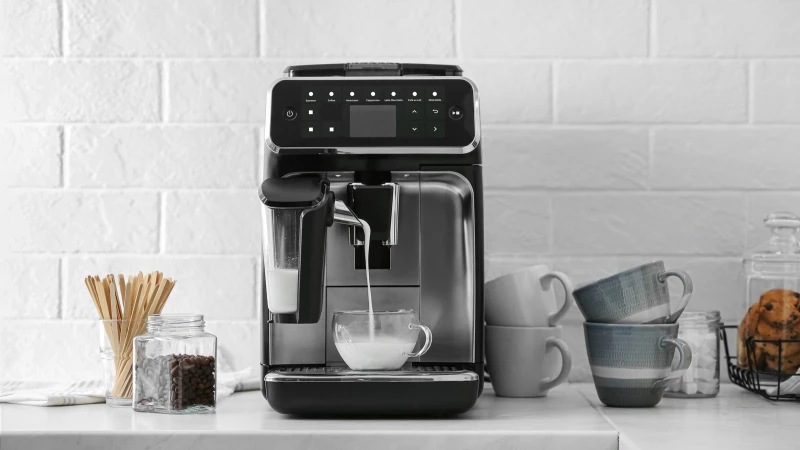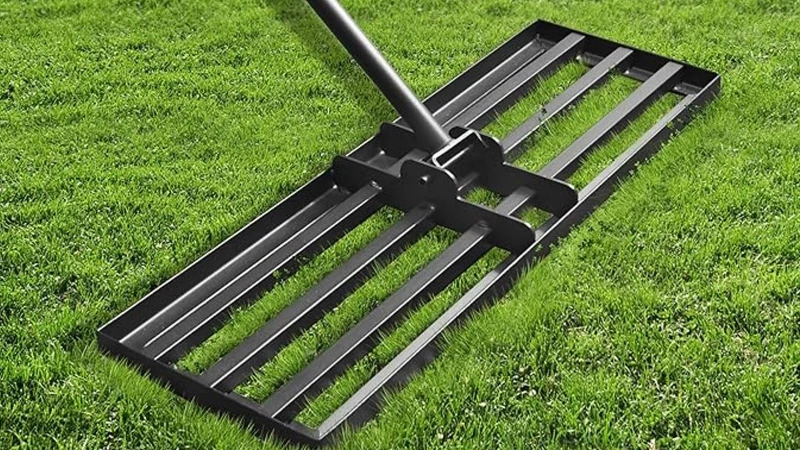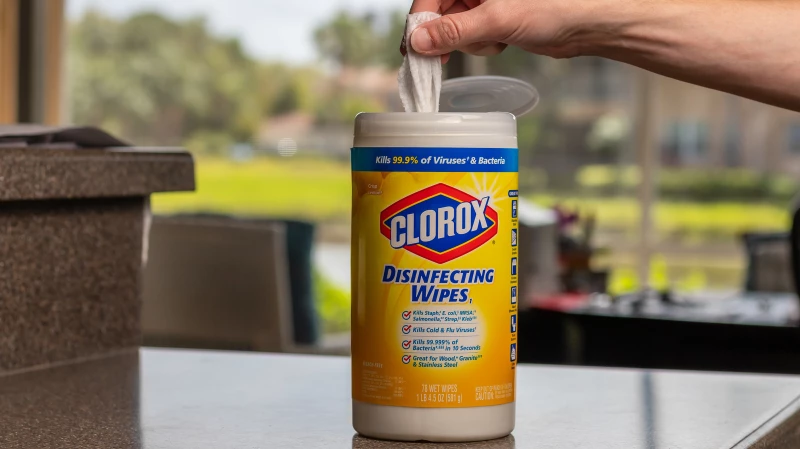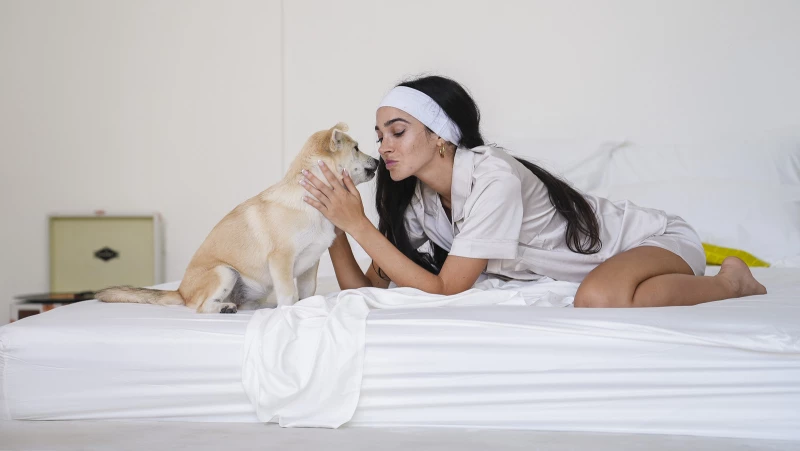When it comes to household cleaning, there are countless options to choose from. However, one common and cost-effective choice is vinegar. Vinegar is known for its ability to effectively kill bacteria, viruses, and fungi, making it a versatile option for disinfecting various surfaces and items in your home. Whether you're looking to clean your kitchen countertops, bathroom tiles, or even your windows, vinegar can get the job done without the need for harsh chemicals. While rubbing alcohol may be great for cleaning electronics and metal surfaces, vinegar is the way to go when it comes to cleaning hardwood floors.
Isopropyl alcohol, also known as rubbing alcohol, is a potent cleaner that can effectively remove dirt and grime. However, when it comes to hardwood floors, using rubbing alcohol can cause more harm than good. The strong solvent can strip away the protective finish on your floors, leaving them vulnerable to scratches, moisture damage, and other issues. Additionally, rubbing alcohol can deplete the natural oils in the wood, leading to dryness and potential cracking or warping over time. To avoid costly repairs and maintenance, it's best to steer clear of rubbing alcohol and opt for wood-specific cleaners or gentler alternatives to preserve the integrity of your hardwood floors.
What to do if you get rubbing alcohol on your wood floors
Accidents happen, and if you spill rubbing alcohol on your hardwood floors, quick action is key to minimizing damage. Immediately use a clean cloth or paper towel to absorb the liquid, preventing it from spreading further. Instead of rubbing, gently blot the affected areas to absorb the alcohol without spreading it around.
After absorbing the spill, dilute any remaining residue with water. Dampen a clean cloth or sponge with water and continue blotting the area to remove the alcohol. Avoid rubbing to prevent damaging the floor finish. Once the alcohol is diluted and removed, thoroughly dry the area with a clean, dry cloth. You can also speed up the drying process by using fans or opening windows.
Cleaning Tip: Use Dish Soap to Clean Hardwood Floors
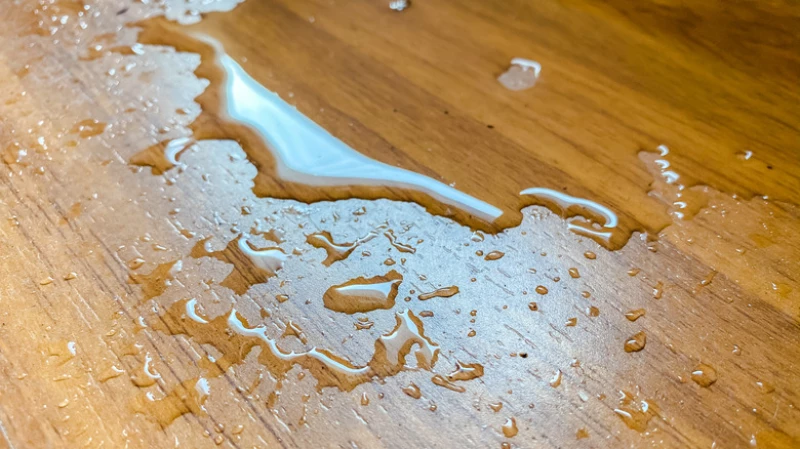
After it dries completely, assess the floors for any damage. Look for discoloration or damage to the finish. If there's any slight damage, you can use a hardwood floor cleaner or polish to help restore the appearance of this area. For more widespread damage, it's a good idea to contact a hardwood flooring company to assist with repairs.
Save your rubbing alcohol for minor cuts or abrasions, and consider an affordable and natural alternative that you can use to clean your hardwood floors without the risk of harsh chemicals from commercial cleaners that may inadvertently strip away any protective or aesthetic finishes on your flooring. One great alternative is to simply use mild dish soap and water. Dish soap is reliable and effective in breaking down dirt and grime and can be safely applied to your hardwood floors.
For a simple and effective way to clean your hardwood floors, try this method: Start by diluting a small amount of dish soap in a bucket of warm water. Aim for a ratio of 2 tablespoons of soap per gallon of water. Stir the solution well until the soap is completely dissolved. Next, take a mop or a microfiber cloth and dip it into the soapy water. Make sure to shake off any excess moisture or wring out the cleaner so that it's just damp and not overly wet, as too much water can harm your hardwood floors. Begin mopping or wiping your floors in small sections, using gentle, circular motions to lift dirt and stains without causing any damage. Once you've cleaned the entire area, use a fresh, damp mop or cloth to eliminate any soapy residue. Finally, dry the floors thoroughly with a soft towel to prevent streaking or damage. This method is a safe and effective alternative that will help maintain the shine and quality of your hardwood floors.

